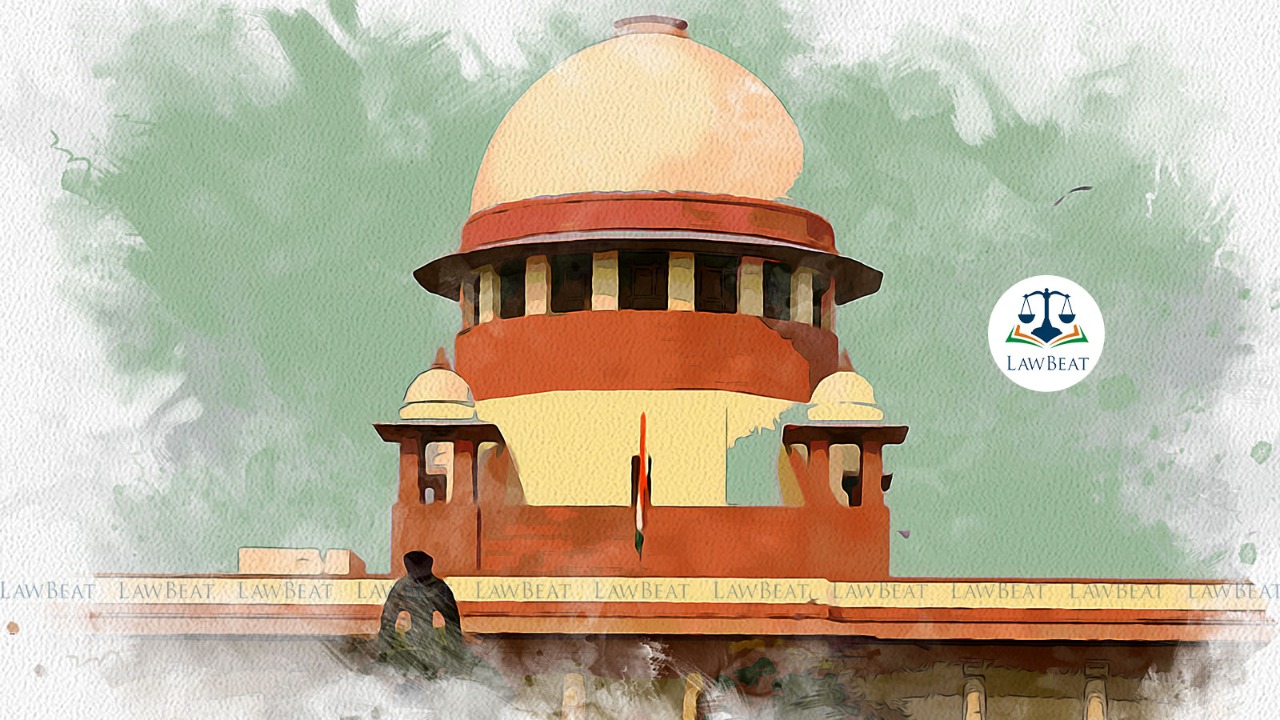'Sudden quarrel can't be ruled out': SC converts conviction from murder to culpable homicide not amounting to murder

Court considered totality of circumstances, including injuries sustained by the accused, to grant him the benefit of Exception 4 to Section 300 IPC
The Supreme Court has recently converted conviction of a man from murder to culpable homicide not amounting to murder after taking note of nature of the weapon and injury upon the deceased, indicating the possibility of incident being a result of a sudden fight.
A bench of Justices B R Gavai, Sanjay Karol and K V Vishwanathan partly allowed an appeal filed by one Devendra Singh and altered his conviction from the offence of murder under Section 302 to culpable homicide not amounting to murder under Section 304 Part I of the IPC.
The court also reduced the sentence from life imprisonment to eight years of rigorous imprisonment.
On May 29, 1981, an FIR was lodged alleging that the appellant and co-accused Yogendra Pratap Singh stabbed Parpoor Singh in a marriage function, resulting into his death due to injuries.
According to the prosecution, a few days before the date of the incident, the appellant had molested the wife of Dharam Pal Singh, the elder brother of the deceased. Angered, the deceased forbade the appellant from misbehaving with his sister-in-law in the future and further warned the appellant of dire consequences were he to repeat his actions.
The trial court convicted both the accused of the offence of murder and sentenced them to life imprisonment. During the pendency of the appeal before the high court, co-accused died. The high court, however, affirmed the judgment of the trial court with regard to the appellant.
In the instant appeal, the apex court issued notice, limited to the question as to whether the conviction under Section 302 of IPC could be converted either under Section 304 Part-I or under Section 304 Part-II of IPC.
The appellant's counsel submitted that testimony of all the witnesses would reveal that there was no premeditation. The incident occurred in a sudden fight in the heat of passion upon a sudden quarrel, he asserted.
The counsel also said that the weapon used in the crime was a pocketknife and a single injury had been caused with the use of the said knife. She, therefore, submitted that the present case would squarely fall under Part-II of Section 304 IPC inasmuch as, the appellant had no intention to cause death of the deceased.
The Uttar Pradesh government counsel said that no interference was warranted in the present appeal, as the appellant had intentionally committed the crime on account of previous enmity arising out of him molesting the wife of the deceased’s elder brother and the deceased’s questioning the appellant about it.
After going through the evidence, the bench noted that both the accused had sustained injuries in the incident. "As such, the possibility of a scuffle between the two groups cannot be ruled out," the bench said.
In post-mortem report of the deceased, the bench found except the injury at serial no 1, which could be said to be caused by the knife, all other injuries were abrasions and contusions.
"Taking into consideration the nature of injuries sustained by both the accused persons as well as the deceased, the possibility of the incident taking place in a sudden fight in the heat of passion, upon a sudden quarrel cannot be ruled out," the bench said.
The court noted there was no evidence to show that the appellant had taken undue advantage or acted in a cruel or unusual manner and the weapon used was a pocketknife and the injury caused by the said knife was a single injury.
"In the totality of the circumstances and, particularly, on account of the injuries sustained by the accused persons, the appellant is entitled to the benefit of Exception 4 to Section 300 IPC," the bench said, partly allowing the present appeal.
Case Title: Devendra Singh Vs State of Uttar Pradesh
